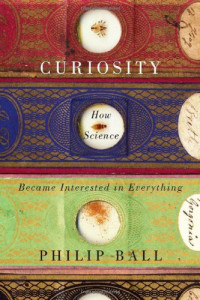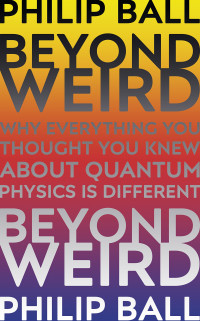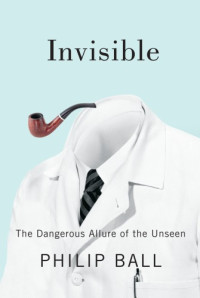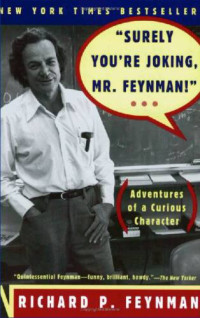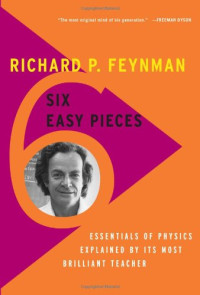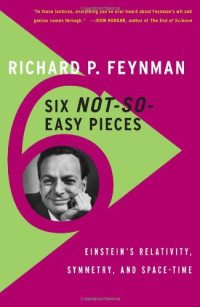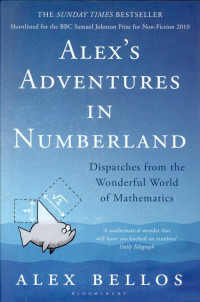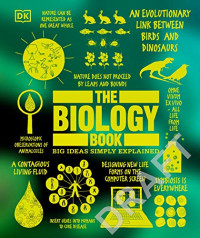
Curiosity: How Science Became Interested in Everything
Philip Ball
There was a time when curiosity was condemned. To be curious was to delve into matters that didn't concern you - after all, the original sin stemmed from a desire for forbidden knowledge. Through curiosity our innocence was lost.
Yet this hasn't deterred us. Today we spend vast sums trying to recreate the first instants of creation in particle accelerators, out of pure desire to know. There seems now to be no question too vast or too trivial to be ruled out of bounds: Why can fleas jump so high? What is gravity? What shape are clouds? Today curiosity is no longer reviled, but celebrated.
Examining how our inquisitive impulse first became sanctioned, changing from a vice to a virtue, Curiosity begins with the age when modern science began, a time that spans the lives of Galileo and Isaac Newton. It reveals a complex story, in which the liberation - and the taming - of curiosity was linked to magic, religion, literature, travel, trade and empire.
By examining the rise of curiosity, we can ask what has become of it today: how it functions in science, how it is spun and packaged and sold, how well it is being sustained and honoured, and how the changing shape of science influences the kinds of questions it may ask.
Yet this hasn't deterred us. Today we spend vast sums trying to recreate the first instants of creation in particle accelerators, out of pure desire to know. There seems now to be no question too vast or too trivial to be ruled out of bounds: Why can fleas jump so high? What is gravity? What shape are clouds? Today curiosity is no longer reviled, but celebrated.
Examining how our inquisitive impulse first became sanctioned, changing from a vice to a virtue, Curiosity begins with the age when modern science began, a time that spans the lives of Galileo and Isaac Newton. It reveals a complex story, in which the liberation - and the taming - of curiosity was linked to magic, religion, literature, travel, trade and empire.
By examining the rise of curiosity, we can ask what has become of it today: how it functions in science, how it is spun and packaged and sold, how well it is being sustained and honoured, and how the changing shape of science influences the kinds of questions it may ask.
ШҜШұШ¬ЩҮ (ЩӮШ§Ш·ЫҢШәЩҲШұЫҢ(:
Ъ©Ш§Щ„:
2012
Ш®ЩҫШұЩҲЩҶЩҮ:
ebook
Ш®ЩҫШұЩҶШҜЩҲЫҢЩҮ Ш§ШҜШ§ШұЩҮ:
University of Chicago Press
ЪҳШЁЩҮ:
english
ШөЩҒШӯЩҮ:
474
ISBN 10:
022604582X
ISBN 13:
9780226045825
ЩҒШ§ЫҢЩ„:
EPUB, 12.26 MB
IPFS:
,
english, 2012
 Amazon
Amazon  Barnes & Noble
Barnes & Noble  Bookshop.org
Bookshop.org  File converter
File converter ШҜ Щ„ЩјЩҲЩҶ ЩҶЩҲШұЫҗ ЩҶШЁЫҢШ¬Ыҗ
ШҜ Щ„ЩјЩҲЩҶ ЩҶЩҲШұЫҗ ЩҶШЁЫҢШ¬Ыҗ More benefits
More benefits 








